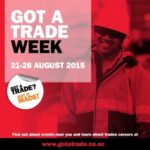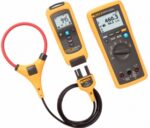Nuance Power PDF not the traditional PDF solution
Nuance Power PDF offers the PDF software features that business users need to be productive at a price that supports deployment across the entire enterprise. Power PDF delivers high performance, an intuitive user experience, and value, freeing users from the compromises of traditional PDF applications. To see a demonstration of the new features and benefits of Power PDF, and learn more about Nuance’s Document Imaging division view the Power PDF on-demand broadcast available now. With Power PDF, business users get all the tools they need to create, manage, share, and secure PDF files plus additional features only available from Nuance for document conversion, search, connectivity and more. Power PDF has powerful features to accurately convert PDFs to editable Microsoft Office documents, combine and assemble documents from many sources into a single PDF, and collaborate on PDF files with a powerful toolset. Before Nuance Power PDF, businesses had to make compromises and choose between the limited capabilities of free PDF reader software, low-end PDF solutions, or an expensive solution designed for graphic designers that isn’t engineered for today’s business environment. With its Microsoft Office-style ribbon user interface, Power PDF minimises the learning curve and maximises productivity by enabling users to transition effortlessly between word processing and PDF publishing. The software makes it easy to share and collaborate on work seamlessly across an organisation as well as externally – all while providing document control and security. Power PDF is priced to be affordably deployed to all business users in an enterprise, enabling all employees to assemble, compare, convert, create, dictate, edit, read, redact, scan, search, secure, sign, print and validate PDF documents and forms with unprecedented ease and speed. Key features in Power PDF include: Combine and assemble documents with ease. Combine files and remove or replace pages in complex documents with […]






